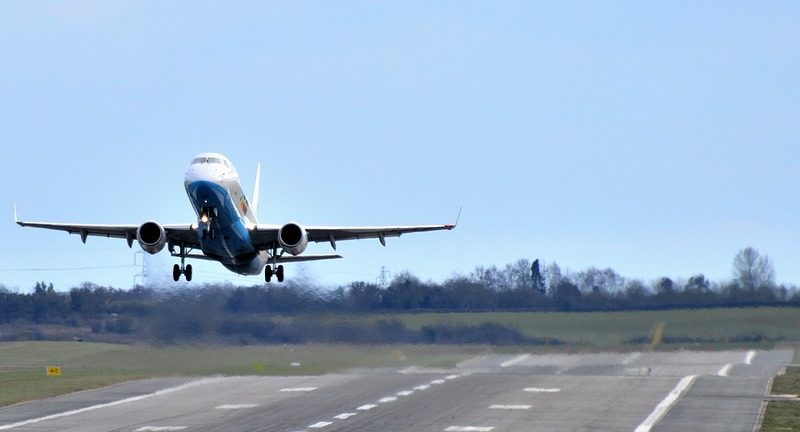While there is a viral-control case for New Zealand-esque frontier closure, this is both impractical and unethical in a region of soft and porous borders.

“Perhaps in the future we will make a living out of science, but right now we live off tourism”. This was the retort of Fernando Simón, director of the Centre for Health Alerts and Emergencies and linchpin of Spain’s coronavirus management strategy, to critics of the decision to open Spain’s borders to British tourists in late June.
One of the most controversial nations with whom an air bridge was established was the UK. At the time, Spain’s daily infection count regularly dipped between two and three figures, while the UK topped more than 1000 cases daily. Outrage was palpable and dominated column inches – after months of hardship under Europe’s toughest lockdown, there was well-founded concern about the opening of borders to a nation whose extensive community transmission sat at apparent loggerheads with its relaxing of lockdown measures. Wide-ranging and doggedly enforced lockdown restrictions compelled all citizens to stay inside their homes in Spain, and upon phased relaxation of measures made masks mandatory and price capped at 96 cents. In contrast, the UK’s untimely, lackadaisical, and libertarian inspired approach has been met in Spanish media with a tone that is irreverent at best and disdainful at worst.
Despite all of this, Spain found itself if a bind. With tourism representing 13% of the nation’s Gross Domestic Product – two times that of Italy – and British tourists the largest single group to grace Spanish shores each year – in 2019 making up 22% of all visitors – refusing entry was likely to spell yet more economic hardship to many regions.
Having effectively decided to grit national teeth and accept the risks the air corridor posed, the UK’s later decision to impose quarantine on those returning initially from the mainland and later from all Spanish territories was not a popular one. A raft of cancellations has followed, hitting hard a sector whose prime dates thus far this year had already been kiboshed by quarantine.
Though met with outrage, the UK’s decision was not entirely unfounded – cases are rising in Spain as elsewhere, and in some areas northern regions and Catalonia the R rate had crept above one, leading to the reimposition of localised lockdowns. But the UK itself is struggling to control the spread of the disease, and is, as President Pedro Sanchez has pointed out, likely to be less safe for Brits than the majority of Spanish regions.
That Spain is seeing its infection lines move the wrong way is the product of multiple factors, and broadly reflective of neighbouring countries’ trends. Around 20% of the 560 active outbreaks are related to workplaces, in their majority agricultural and linked to the poor living conditions that accompany them. This itself raises wider questions about the true cost of the fruit and veg enjoyed across the continent. Family events and the nightclubs are also hotbeds of outbreak. But the rapid arrival of European tourists is undoubtedly a further cause.
It is evident that what is necessary from an epidemiological point of view and what economies, societies and individuals need diverge. While there is a viral-control case for New Zealand-esque frontier closure, this is both impractical and unethical in a region of soft and porous borders, built on free movement and in which families, friends and contacts span its breadth.
Whether Johnson’s decision was genuinely rooted in disease control concerns or borne out of a desire to appear decisive while drawing a dividing line between the UK and it’s soon to be distant European neighbours is unclear, though a cynic would tend towards the latter.
What is clear is that the Spanish tourism industry will suffer greatly as a result of this decision, while British holiday makers face unrefundable loses and disappointment. But as the UK continues to defy even limited expectations in its catastrophic handling of the crisis, Fernando Simón has highlighted that there is one area in which the UK’s decision is beneficial to Spain – that of disease control.
Eleanor Rosenbach is a writer and communications consultant who lives in Spain
Left Foot Forward doesn't have the backing of big business or billionaires. We rely on the kind and generous support of ordinary people like you.
You can support hard-hitting journalism that holds the right to account, provides a forum for debate among progressives, and covers the stories the rest of the media ignore. Donate today.



